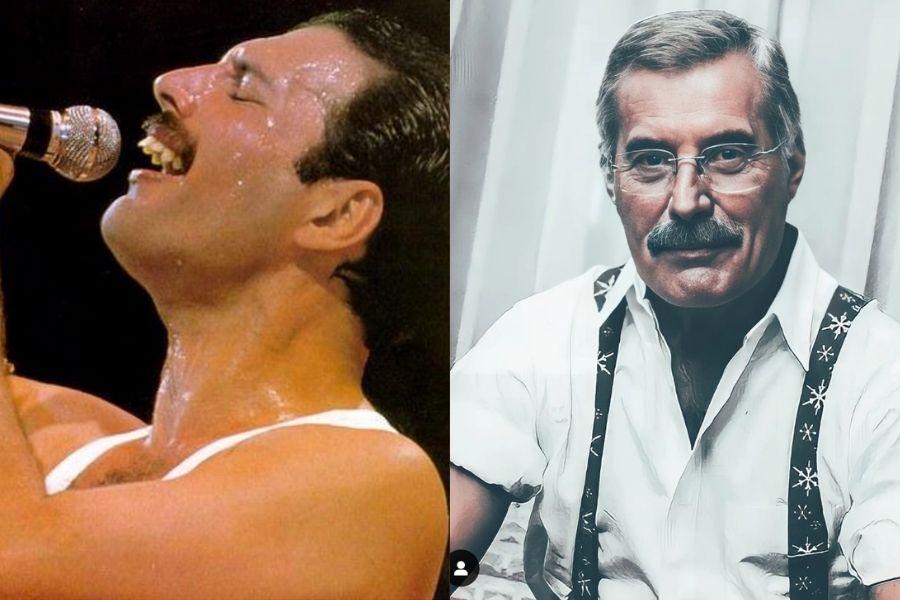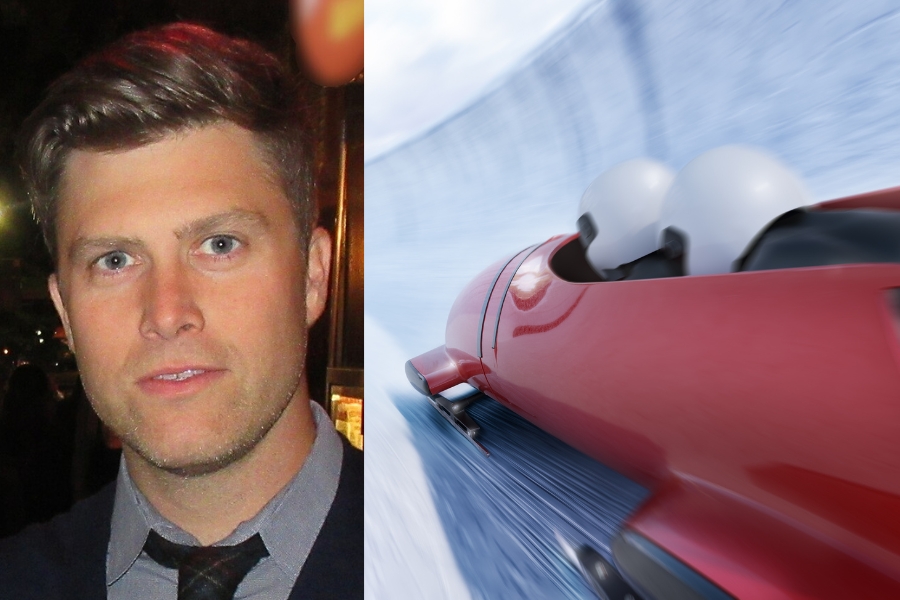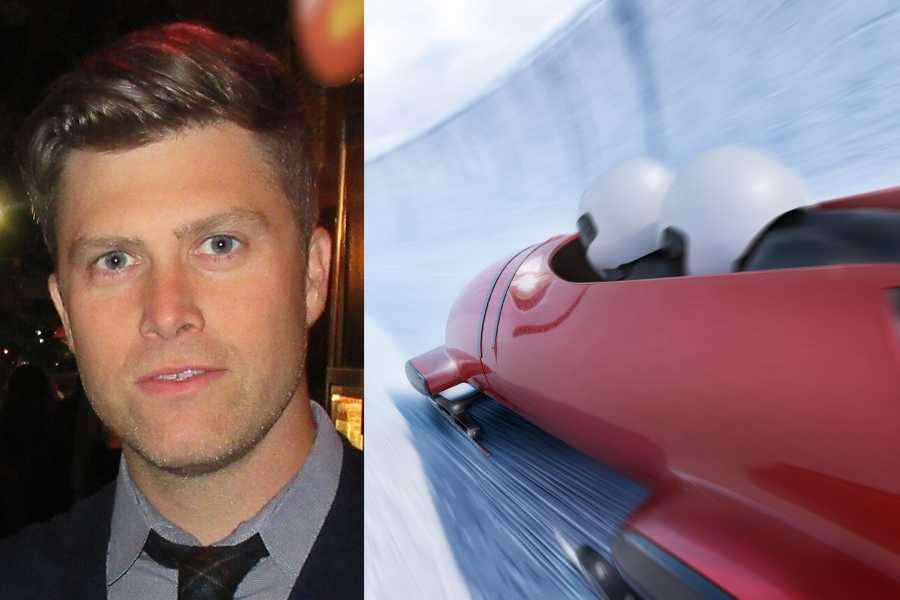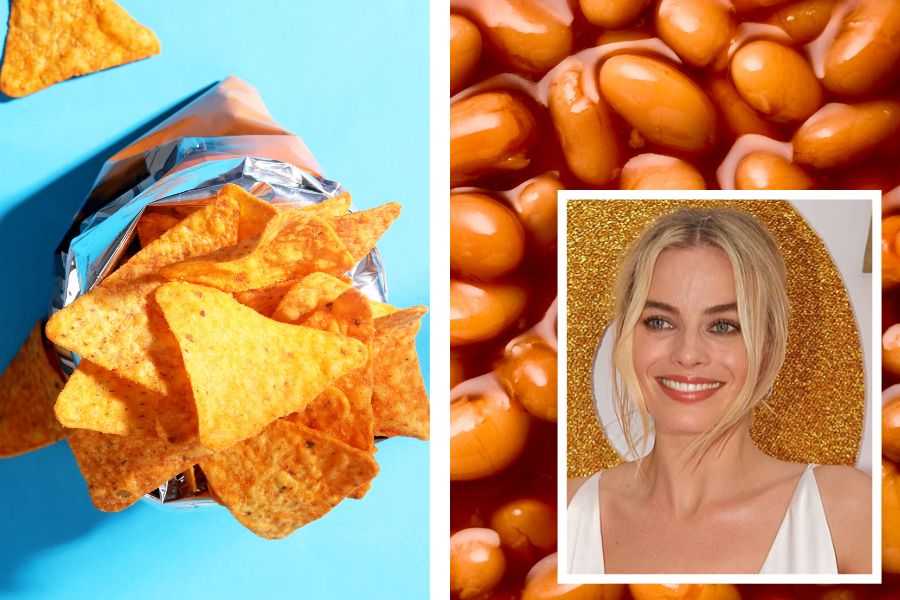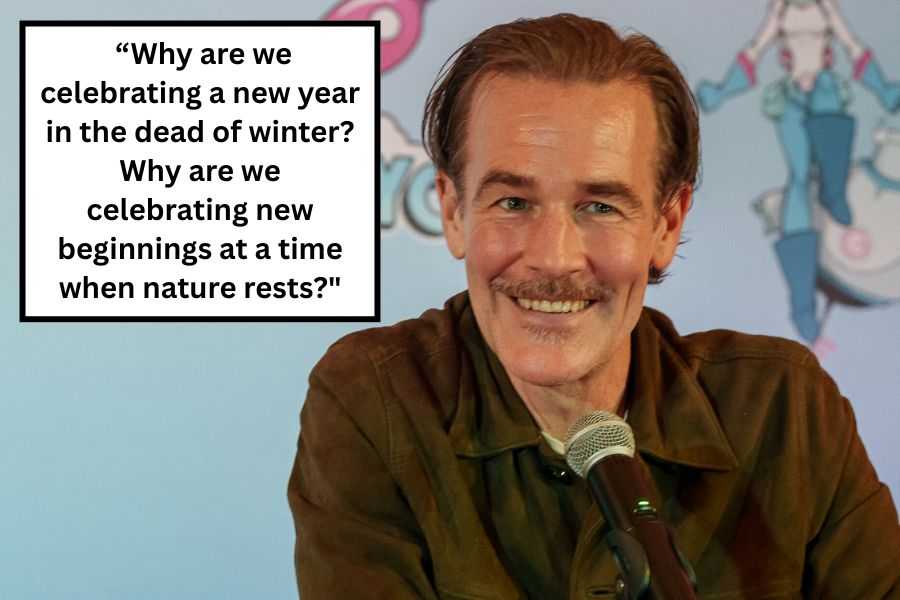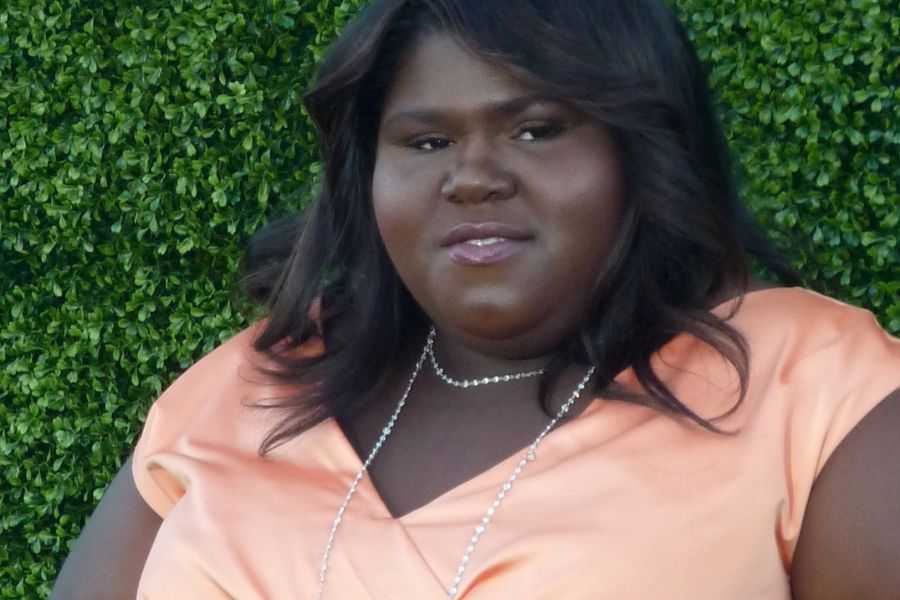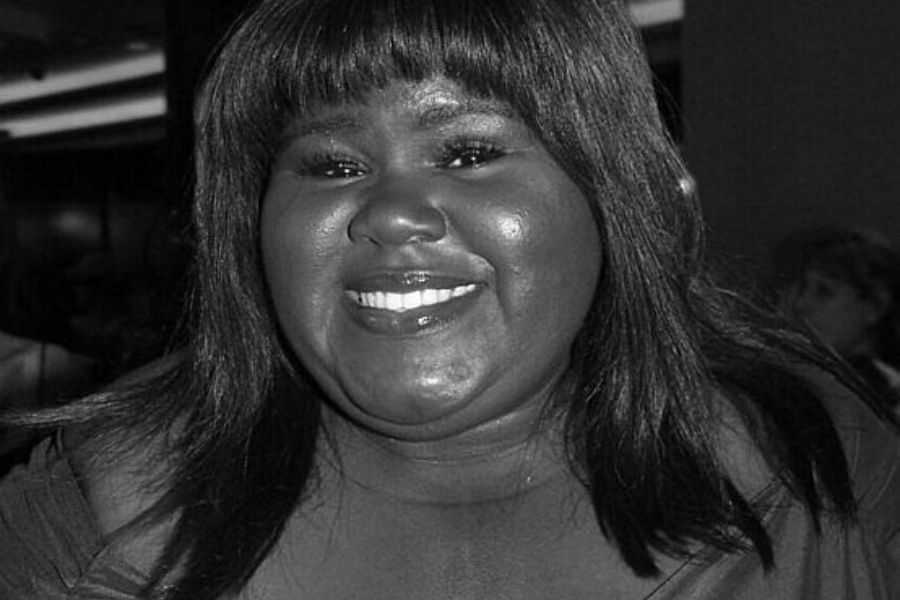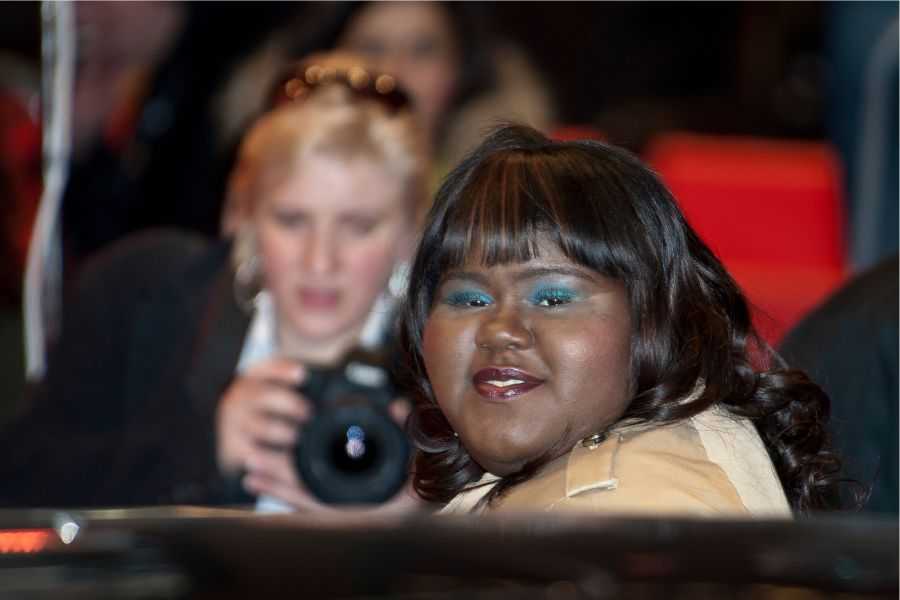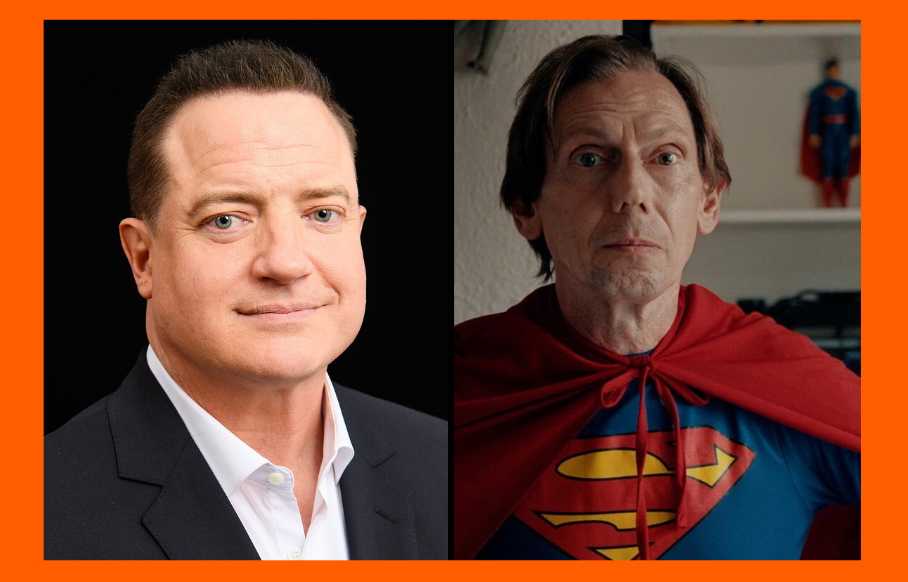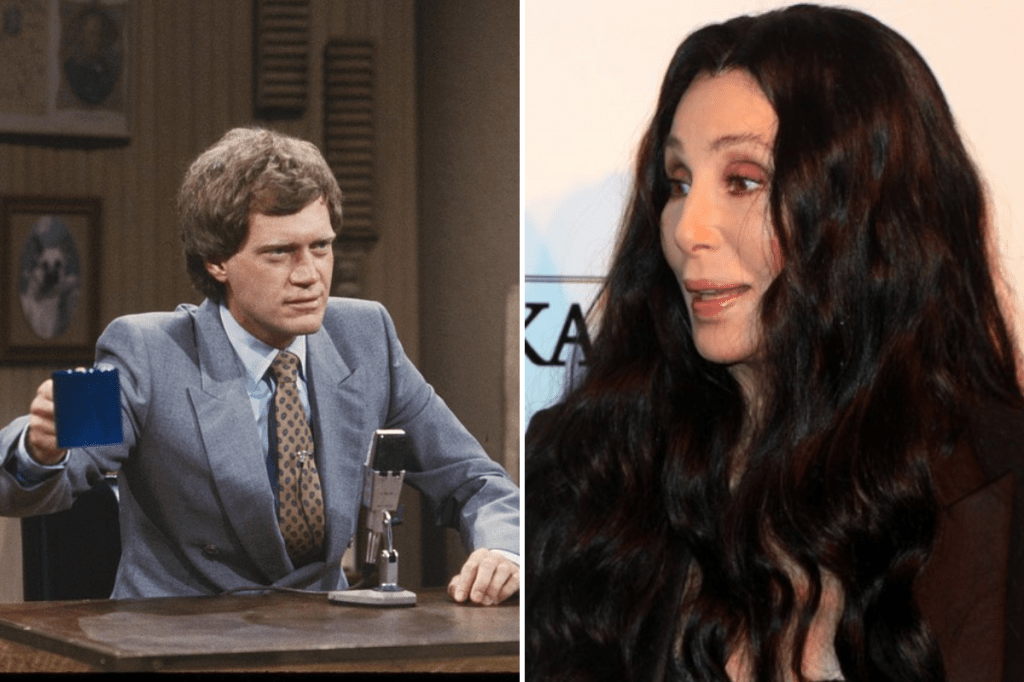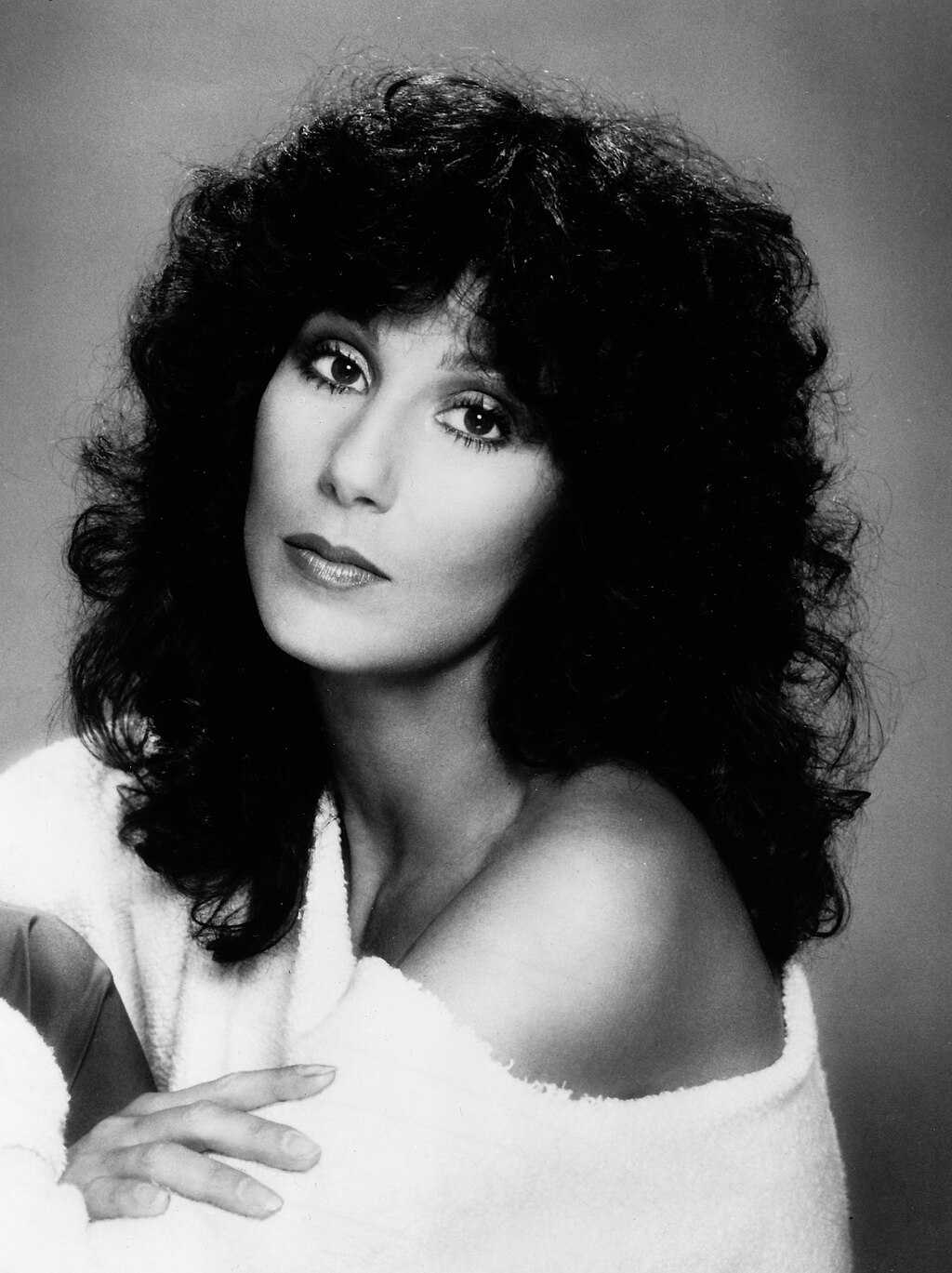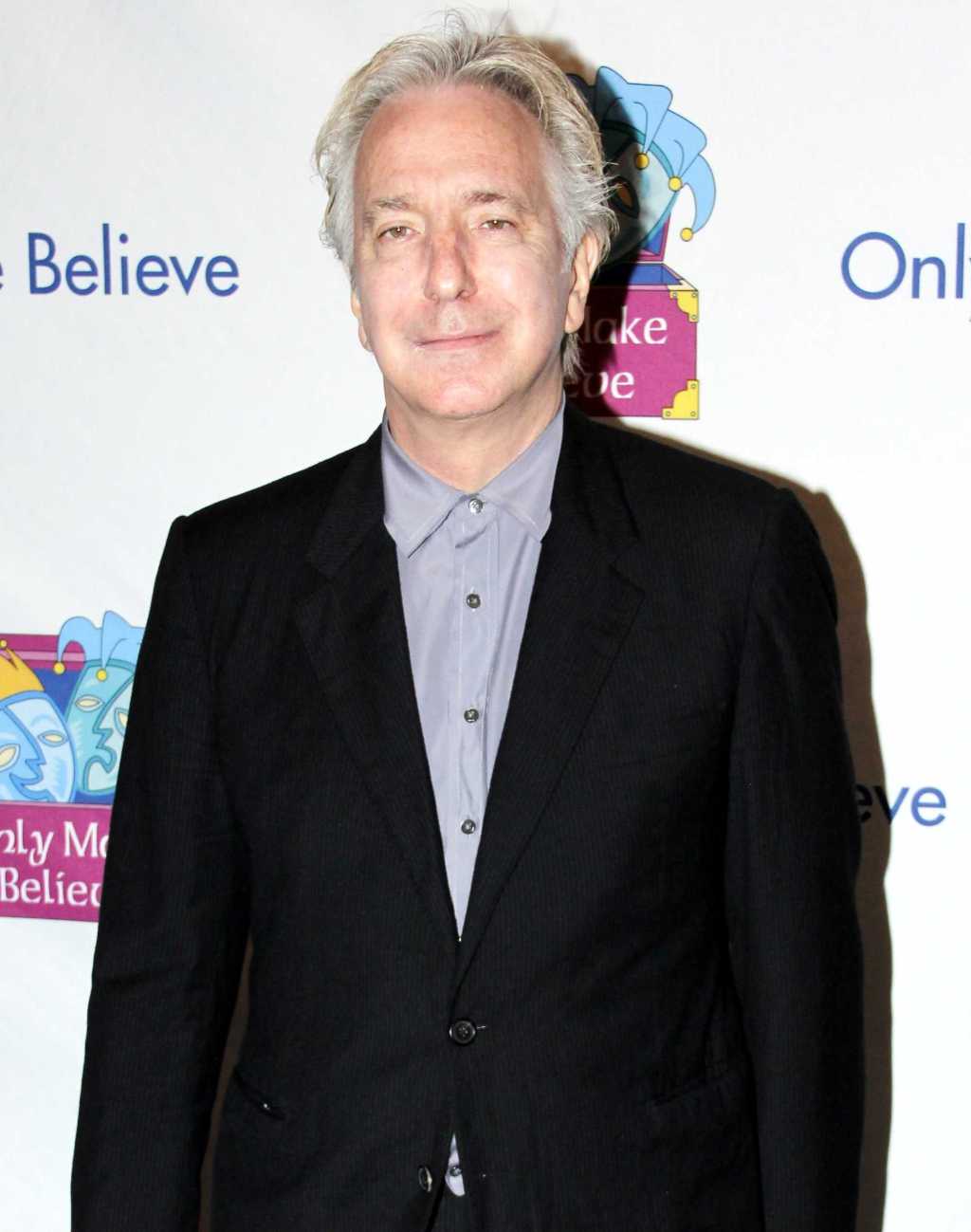Some icons have truly left this world too early. It’s a tragedy when anyone doesn’t make it to see old age, but when it happens to a well-known public figure, a bit of their art and legacy dies with them. What more might Freddie Mercury have accomplished if he were granted the gift of long life? Bruce Lee? Princess Diana?
Their futures might be mere musings of our imagination, but thanks to a lot of creativity (and a little tech) we can now get a glimpse into what these celebrities might have looked like when they were older.
Alper Yesiltas, an Istanbul-based lawyer and photographer, created a photography series titled “As If Nothing Happened,” which features eerily realistic portraits of long gone celebrities in their golden years. To make the images as real looking as possible, Yesiltas incorporated various photo editing programs such as Adobe Lightroom and VSCO, as well as the AI photo-enhancing software Remini.
“The hardest part of the creative process for me is making the image feel ‘real’ to me,” Yesiltas wrote about his passion project. “The moment I like the most is when I think the image in front of me looks as if it was taken by a photographer.”
Yesiltas’ meticulousness paid off, because the results are uncanny. Along with each photo, Yesiltas writes a bittersweet message “wishing” how things might have gone differently…as if nothing happened.
Freddie Mercury
“I wish he hadn’t got that disease.”
There are plenty of amazing Freddie Mercury tributes and impersonators out there, but there will only ever be ONE Freddie Mercury.
Heath Ledger
“I wish he hadn’t been affected by the exhaustion of his role.”
One of Ledger’s most notable roles is queer cowboy Ennis Del Mar in Ang Lee’s iconic 2005 romantic western drama Brokeback Mountain. In a time when queer storytelling was still taboo, Ledger’s honest and compassionate portrayal broke down a lot of barriers for future stories.Though Ledger officially died due to an overdose, many believe it was his role of The Joker in Christopher Nolan’s The Dark Knight that pushed him over the edge.
Janis Joplin
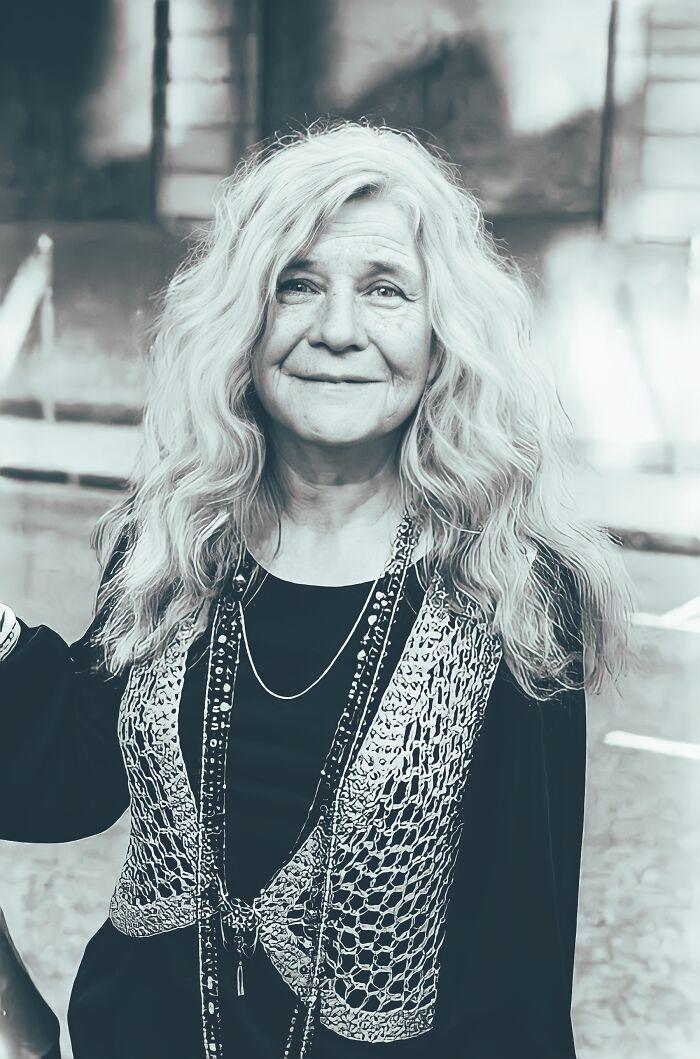
“I wish she hadn’t sought the inspiration she needed elsewhere.”
The powerful singer with electric stage presence is still one of the greatest female rock stars of all time. Scratch that—one of the greatest rock stars of all time, period.
Jimi Hendrix
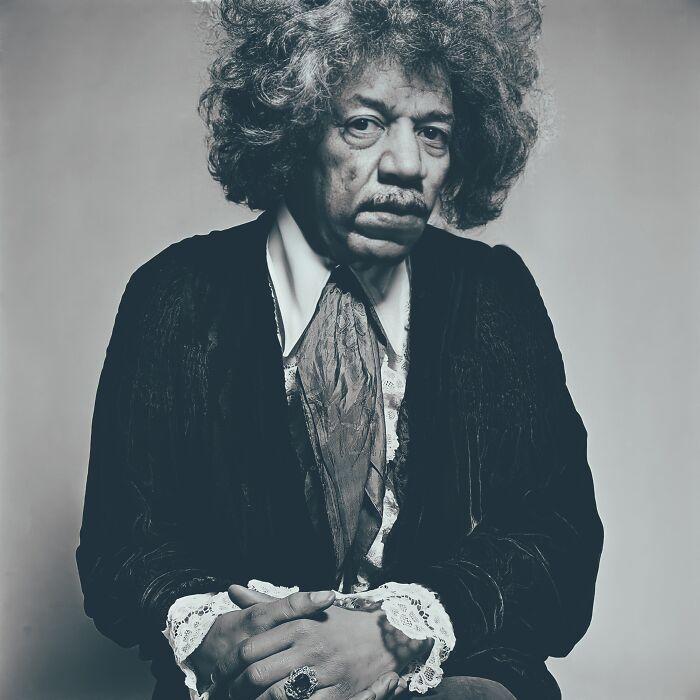
“I wish he hadn’t sought the inspiration he needed elsewhere.”
Like Joplin and Ledger, Hendrix died due to an overdose—though many have speculated that it was instead the result of foul play.
Michael Jackson
“I wish he hadn’t faced vitiligo.”
However questionable his personal life was, the King of Pop made some of the biggest contributions to music of all time. People continue to sing his songs, and likely will for a very, very long time.
Kurt Cobain
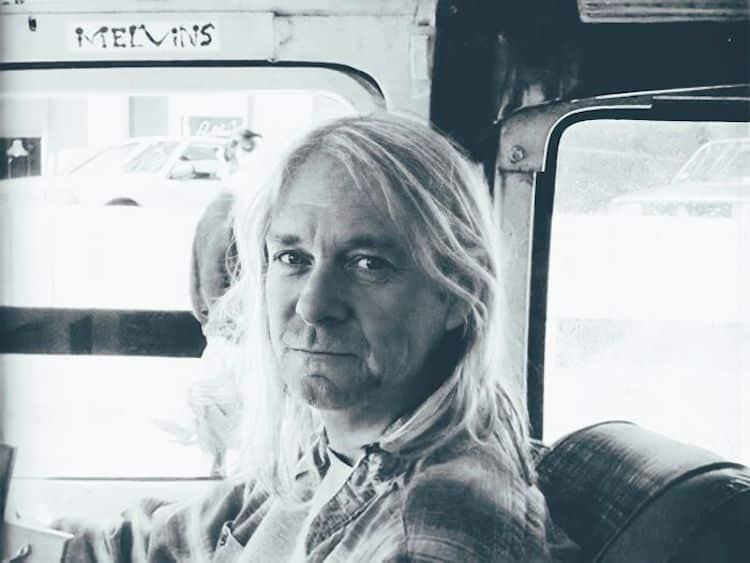
“I wish he had decided to stay.”
The insightful, poetic and troubled Cobain took his life at 27. His story is a cautionary tale that success does not help thwart struggles with mental health. in fact, it can worsen it.
Bruce Lee
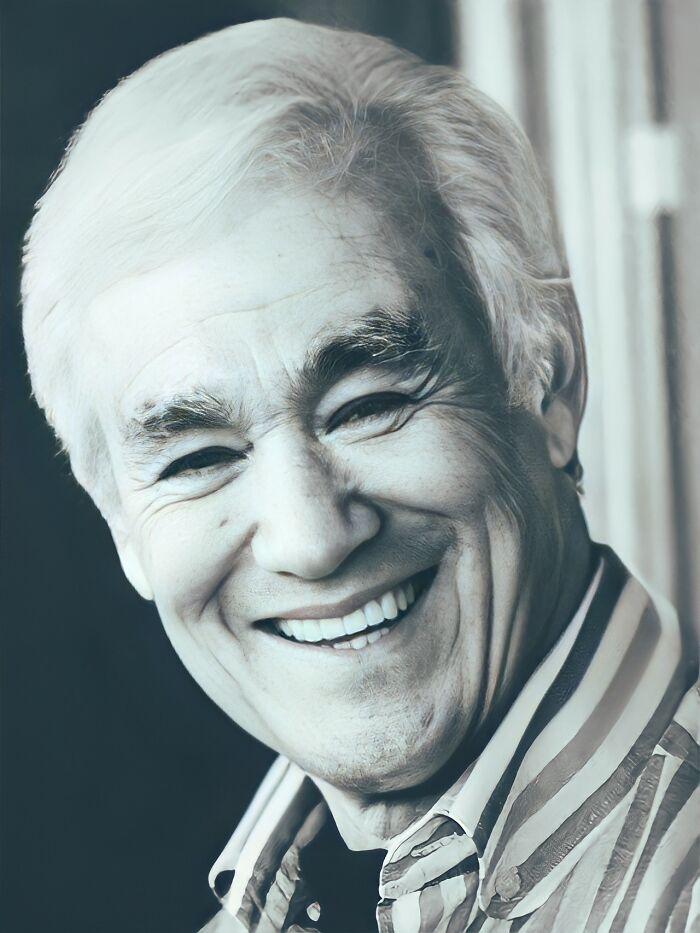
“I wish he hadn’t taken that painkiller that day.”
The actor and martial-arts expert died at 32, officially due to a harmful reaction to a painkiller. His philosophies around kung fu, however, are eternal.
John Lennon
“I wish he hadn’t been in New York that day.”
Legendary artist and activist John Lennon was fatally wounded by a gunshot in December 1980. The last thing he talked about, revealed ex-wife Yoko Ono in an interview, was the desire to see his son before he went to sleep.
Elvis Presley
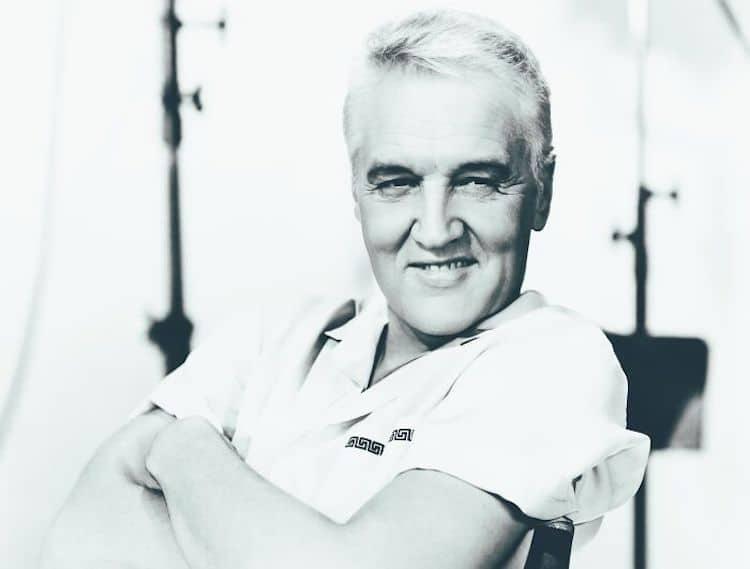
“I wish he decided to live a life where he paid more attention to the health of his heart.”
Had Presley not died of cardiac arrest, he would be 89 this year.
Tupac Shakur
“I wish he hadn’t been involved in that event that would cause him to face the mafia.”
The cause of Tupac’s untimely death is also one of debate and speculation. According to some, he never died at all. What we can all agree on—he was one of hip-hop’s most iconic figures.
Princess Diana
This one seems to be a new addition to the collection, so no wistful message. Although I’m sure the general sentiment is “I wish she were still here.”
AI-generated art is a controversial topic, to be sure. Some consider it a new, innovative medium. Others see it as devoid of any real creativity at all, as it’s produced by a machine, rather than a human. Many are concerned that, as is the case with many jobs that get machine automated, it will threaten the livelihood of actual illustrators.
Those concerns are certainly valid, but perhaps there’s a balance to be found here, as Yesiltas seems to have accomplished. Previously, another artist similarly created stunningly lifelike portraits of cartoon characters from Encanto and The Simpsons. These works still required the human touch, and were carefully crafted over time rather than cracked out in mere seconds, as is the case with a lot of AI art.
At its best, AI art helps remind us, as Yesiltas puts it, that “anything imaginable can be shown in reality.” Which, at the end of the day, could be said for any art.
This article originally appeared three years ago.


